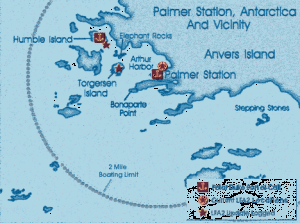 Within an Antarctic sea squirt, scientists discover a bacterial species with promising anti-melanoma properties. ScienceDaily has secently pubblish an interesting item about a study done by Desert Research Institute: New study brings important advances for Antarctic science and natural products chemistry
Within an Antarctic sea squirt, scientists discover a bacterial species with promising anti-melanoma properties. ScienceDaily has secently pubblish an interesting item about a study done by Desert Research Institute: New study brings important advances for Antarctic science and natural products chemistry
There are few places farther from your medicine cabinet than the tissues of an ascidian, or “sea squirt,” on the icy Antarctic sea floor, but this is precisely where scientists are looking to find a new treatment for melanoma, one of the most dangerous types of skin cancer.
In a new paper that was published dec. 1st 2021 in mSphere, a research team from DRI, Los Alamos National Laboratory (LANL), and the University of South Florida (USF) made strides toward their goal, successfully tracing a naturally-produced melanoma-fighting compound called “palmerolide A” to its source: a microbe that resides within Synoicum adareanum, a species of ascidian common to the waters of Antarctica’s Anvers Island archipelago.
Pubblished last december 1st on ScienceDaily: Your source for the latest research news
